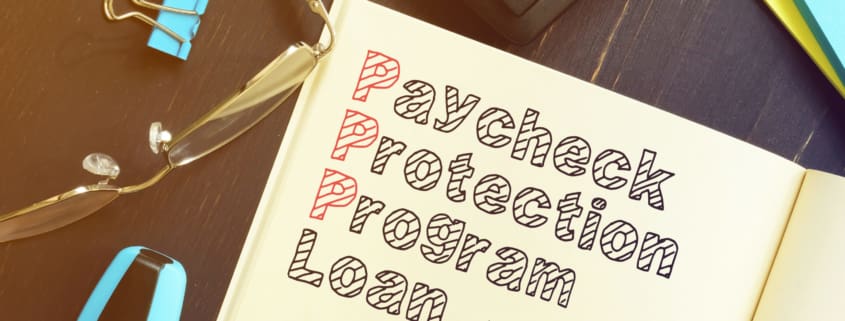PPP Audits and SBA Loan Forgiveness: An Overview
Earlier this year the Coronavirus Aid, Relief, and Economic Security (CARES) Act offered businesses the opportunity to apply for loans under the Paycheck Protection Program (PPP). Businesses were eligible to receive up to as much as 2.5 times their average monthly payroll costs, up to a maximum of $10 million.
Following the distribution of $349 billion in PPP loans, it was discovered that many businesses improperly applied for the loans. As a result, the Small Business Administration (SBA) has begun the process of auditing all loans over $1 million. For those small businesses whose loans were under $150,000, a bill is still in the process to automatically forgive those loans.
In addition to the possibility of an impending audit, and, in fact, compounding the tax complexity, businesses are now faced with the question of how to properly claim their PPP loans as they complete their year-end taxes. The challenges presented by this new situation demand a close partnership between CPAs and tax attorneys.
As your business consults with your CPA or accounting team, it is extremely beneficial to also consult a legal tax specialist to ensure that your loan is properly declared and your deductions do not flag your business for IRS or SBA audit.
The primary question surrounding the declaration of your PPP funds as part of your annual return is whether or not business expenses are eligible for deduction if they were paid for by PPP funds. IRS originally stated that any expenses paid for with PPP funds were not eligible for a tax deduction. However, recently that restriction was lifted, allowing for standard deductibility to apply regardless of whether PPP funds were used to pay those expenses.
Part of the logic behind this shift stemmed from the multiple revisions to the restrictions on the PPP loans. Initially, businesses had to spend 75% of their loan funds on payroll and 25% on operating expenses, the terms were revised to allow for 60% to be spent on payroll and 40% on operations, and then terms were revised yet again.
Congress has declared that the purpose of the funds was to support businesses in need due to the economic effects of the current pandemic. The financial program was put in place to provide businesses with the funds necessary to continue paying wages and making payments on other key operating expenses.
Congress’s resulting response has been the vital piece leading to loan forgiveness and the decision that, even if a loan is forgiven, it will not count as income. Most recently, they have also made the decision to complete this protection by allowing businesses to claim normal tax deductions for business expenses paid for by PPP funds.
While Congress has officially made this decision a reality, IRS still stands by the opinion that allowing deductions for business expenses paid for by PPP funds “would be an impermissible double tax benefit to have income on debt forgiveness not to taxed as income, and then to also allow tax deductions for the expenses paid with the forgiven loan money.” While Congress has made what appears to be a final decision on the topic, there still remains the question of how IRS audits will be affected by these disparate interpretations.
Your CPA and tax attorney are your allies in the face of complex tax filings and government entity audits. When you have questions, clarify before filing. If you recognize a discrepancy after filing, address it with the help of a tax attorney, immediately.



